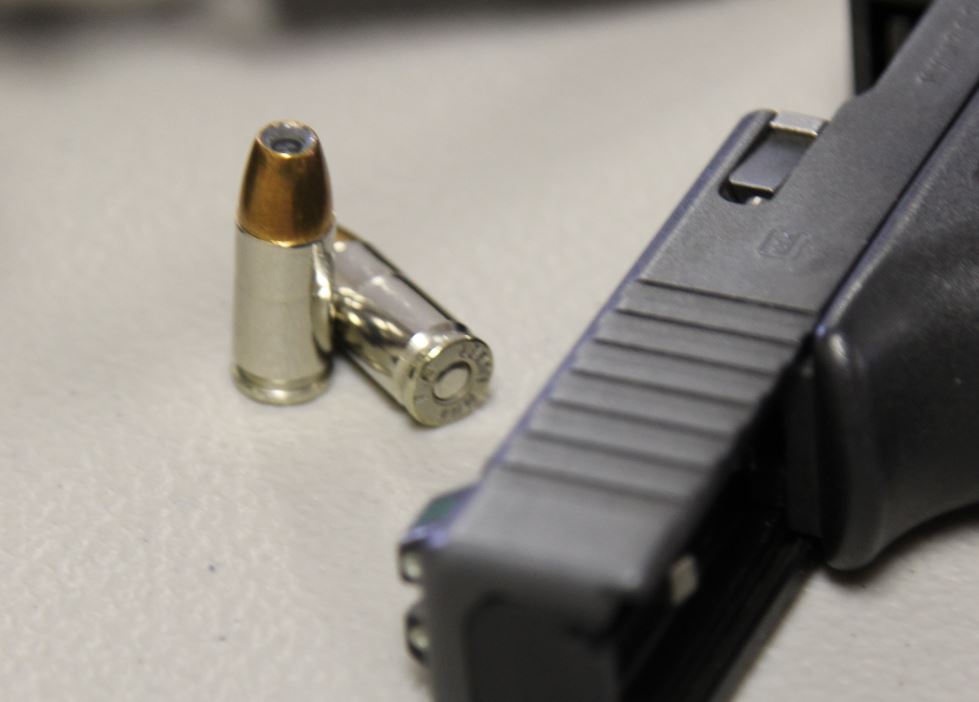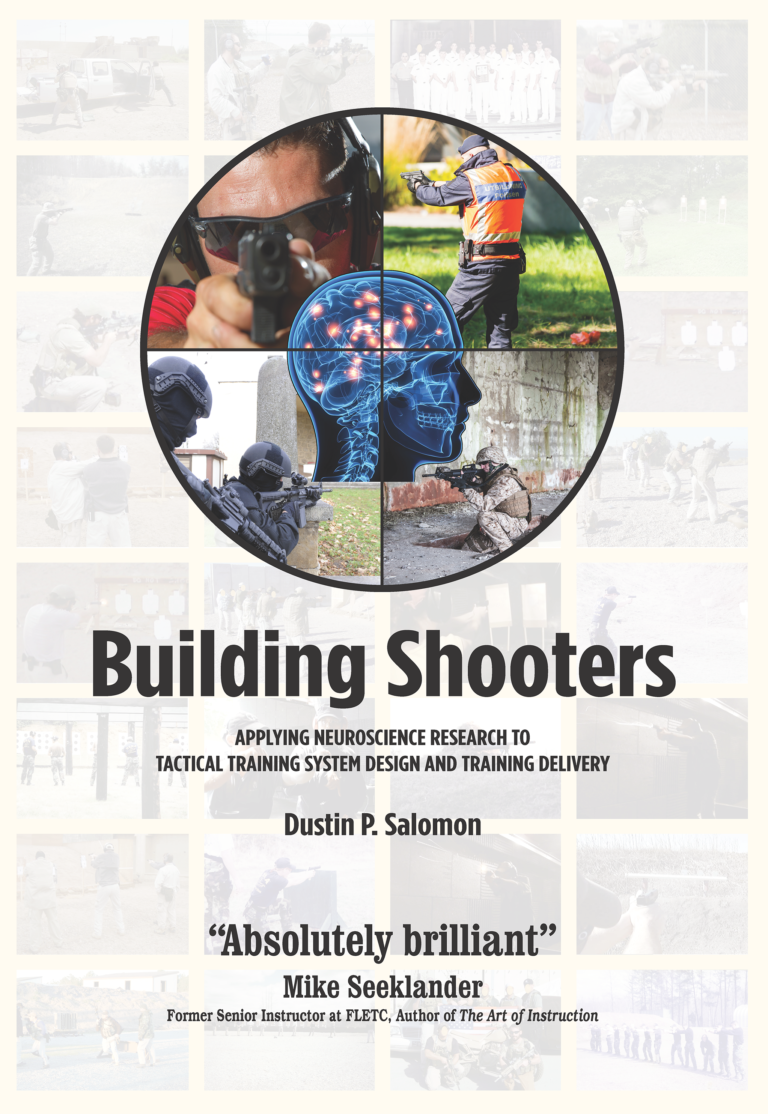By Dustin Salomon and Allen Garber
The recent death of George Floyd while in the custody of the Minneapolis Police Department has ripped the scab off relations between domestic law enforcement and the communities it protects and serves, especially with respect to African Americans. This needless tragedy ground salt into a raw, festering wound that refuses to heal and seems only to get incrementally worse with the passage of time. The recent shooting of Rayshard Brooks by the Atlanta Police Department has only added additional fuel to the fire.
Accountability is critical here. Two fundamental pillars of any free civilization, due process and the rule of law—both based on thorough and non-biased evaluations of facts and evidence—must be paramount. Justice can then have its day.
Accountability should also extend beyond the scope of the decisions and actions of any individual officer. They must extend to the actions of other officers on the scene. In other words, officer accountability must encourage and require officers witnessing what they deem excessive force, to stop it. Professional armed workforces contain layers of accountability that must be exercised. There can be no passing the buck.
We also must not forget that there is dual responsibility. Suspects are responsible when they choose to undertake actions that result in police use of force. The cops are responsible for their use of force.
Accountability is important; however, we must also recognize that it occurs after the fact. The future lies ahead of, not behind us. As a society we must take proactive steps now to address this issue, not allow it to fade into the background. We must not hide from it until the next tragic occurrence.
Many are now calling for a national conversation on the issue. This is fine but, is a lack of public discourse truly a component of the problem? Is any person in America unaware that police use of force is one of the great social issues of our time?
There is no shortage of talk. Nor is there a shortage of action. There is, however, a lack of effective action that can substantively and positively impact police performance on the street.
Some are even counterproductive. Examples include efforts to change the legal use of force standard, restrict police access to necessary tools and techniques for applying force, or to defund law enforcement altogether.
One specific policy example is a recent proposal to train police to aim at the leg. Deadly force is required in circumstances where actions pose an imminent threat to life. Leg wounds have a poor chance at immediately stopping lethal threats.
While perhaps well meaning, many of these sorts of recommendations ignore a fundamental truth. A person who is assigned a task, then handed a set of tools that do not work, will either fail to accomplish that task or will discard the issued tools and methods in favor of ones that he or she perceives will get the job done.
This can then lead to rampant corruption as documentation becomes focused on showing requirements have been met—regardless of what occurs on the street. Mandating the impossible rarely makes magic happen. Instead it often leads to falsified documentation as a standard practice, destroying the credibility of both the process and the organization’s leadership.
Creating polices, issuing tools, or mandating methods that do not work will only make things worse. Public safety will suffer. Less, not more, accountability will result.
A different approach is needed.
Missing from the public discussion on this issue is an 800 pound gorilla in the room: The way police are trained and qualified for use-of-force is not effective.
Recent peer-reviewed studies conducted by the Force Science Institute have vividly confirmed this. What limited skills are developed during Academy training rapidly disappear afterwards. In some skill areas, the average officer’s performance has been shown to barely exceed that of an untrained civilian.
Despite what most police administrators might have you believe, this is not primarily a resource issue (though resources can, indeed, be a factor). Nor is it the fault of instructors. It is instead a structural problem with how training is designed and delivered.
Training for armed professionals, including police officers, fundamentally fails in two ways. Methods do not match how the brain learns, and measurements do not measure anything of relevance.
Qualification measures different skills, using different neurological and physiological functions, than apply out on the street. This serves both to focus training in non-productive directions and to waste precious time and resources. It also makes effective management of armed workforce performance an extraordinarily difficult endeavor, one that is presently more art than science.
These two fundamental failures compound to generate an ugly truth. In the aggregate, police training is not capable of either generating, or maintaining, officers who are competent in use-of-force skills and decision-making.
Most officers who are highly capable in these areas developed their skills on their own time, with their own dime. The agency had little, or nothing, to do with it.
This is a tragedy for the officers, who put their lives on the line daily.
Law enforcement is a complex job. It requires many skills to be done well and frequently involves rapid decision-making under intense pressure. This includes use-of-force—up to and including the taking of human life.
These are not small burdens and we should not treat them as such. Police deserve far better than preparation that is demonstrably ineffective and irrelevant.
It is also a tragedy for the community.
When police officers are either barely competent or perform most of their use-of-force training outside the agency—away from any accountability or policy oversight—no one should expect good results.
Organizations that employ armed workforces should take ownership of their employees’ performance and provide them the tools and training necessary to excel in these job functions. Good training will improve capability. Perhaps more importantly, it will also provide opportunities to identify poor performance and decision-making. Leadership can then intervene before issues manifest on the street.
Today’s police training fails everyone. We all lose.
On a positive note, these are problems we can fix. Agencies must change how they train at both the academy and in-service level. Brain-based training methodology that prioritizes learning efficiency must be utilized. Qualifications and training must also become task-relevant (to include decision-making and de-escalation) rather than continue to be based on aggregate (and meaningless) scoring methods.
These sorts of changes can produce real, positive change in police performance on the street. They are specific, achievable, and measurable. When using effective learning methods coupled with minimalist technology, they also can be extremely cost effective and highly scalable.
Improving police training, performance, and accountability is something that reasonable people who sit on every side of this issue should eagerly be able to support. In these times, some common ground would be most welcome.
Mr. Salomon is a former naval officer, a certified law enforcement firearms instructor, and the author of Building Shooters: Applying Neuroscience Research to Tactical Training System Design and Training Delivery. Mr. Garber is a retired FBI Special Agent. He was the Commander of a joint FBI / Minneapolis Police Department SWAT Team, Chief of Police in Champlin, Minnesota, U.S. Marshall for the District of Minnesota, and DNR Commissioner for the State of Minnesota.

